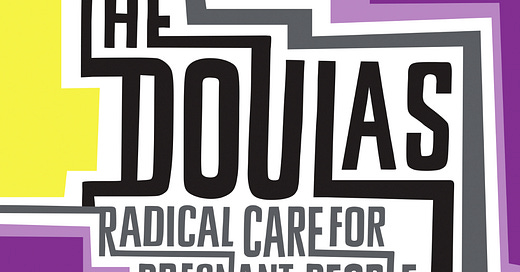I heard an NPR story on “end-of-life doulas” the other day. This is apparently a spin-off of the “birth doula” that has been around since the hippie days of the 1960s.
These “end-of-life doulas” are required to have no medical training of any kind, so it would be incorrect to call them, as Wikipedia labels “doulas” generally, “trained professionals.” In…




